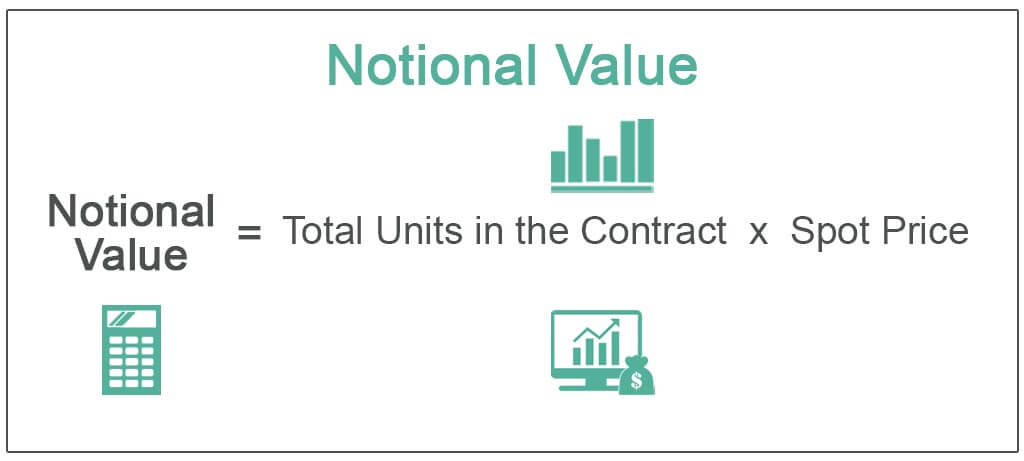Accountants and auditors require to have a keen eye for information and strong issue resolving and analytical abilities. You'll need to have understanding of basic accounting concepts, practices, and laws, which is usually obtained through a four-year accounting or associated degree (What are the two ways government can finance a budget deficit?). Though you do not absolutely need one to get going, your task potential customers will increase greatly if you have or are working toward an accounting accreditation. Qualified Public Accounting Professional (CPA) is the most popular, but there are a variety of others depending upon your specialized. As the name indicates, credit experts evaluate the credit and financial information and history of individuals and companies to figure out the degree of threat associated with lending them cash or extending them credit.
Credit analysts mainly work for banks and charge card business however can also work for home mortgage, insurance coverage, and investment companies. You'll need strong decision-making, vital thinking, analytical, research study, and interaction skills together with a bachelor's degree in finance, accounting, or an associated field. Some positions might also require a Chartered Financial Analyst (CFA) credential. Brokers and traders buy and sell securities like stocks, bonds, and other funds and do research study ahead of these trades. Nevertheless, while traders typically purchase or sell based on the desires of a supervisor of a portfolio or other investment fund, brokers are accountable straight to the investors and may work for themselves or a brokerage or securities firm.
Both positions require a four-year degree and certain Financial Market Regulatory Authority (FINRA) licenses to complete trades on behalf of others. Financial analyst is a very first finance task title for many individuals getting in the market. Depending upon where you work, you might offer guidance to companies and people making financial investment choices; assess the efficiency of stocks, bonds, and other investments; evaluate existing and historic monetary data for the company you work for or others; and research possible financial investments. No matter the company, most financial analysts are responsible for reporting their findings to others. You're most likely to be working for big banks including financial investment companies and banks in New york city City and other financial hubs, however timeshare regret you can also work as a corporate financial analyst in other markets.
To begin, you need to have a bachelor's degree in finance or an associated field. Pursuing an associated internship will likewise help you land an entry-level position. In order to progress as a financial expert to a portfolio or fund management position, you may require a CFA accreditation or other wfg online FINRA license and an MBA. Lots of banks have two-year monetary analyst programs for new graduates. A few of these programs, like the one at Wells Fargo, are rotational, permitting you to discover about various locations in the financial market to assist you decide where you wish to go with the rest of your profession.
Spending plan analysts work across industries in private companies and for government workplaces and need to have strong analytical and communications abilities to explain decisions to others in an organization. Spending plan analysts usually need a bachelor's degree in accounting or a similar field, however some business will accept experience rather while others are looking for candidates with an MBA. In order to operate in some government budget plan expert positions, you may need a Qualified Government Financial Supervisor credential from the Associate of Government Accountants. Personal financial planners and advisors assist individuals with their monetary objectives, consisting of supplying education on investments, picking investments on their behalf, handling their portfolios, preparing for long-lasting goals, and monitoring their financial resources.
4 Easy Facts About What Does Mm Mean In Finance Described
Financial consultants might advise customers when or for a short time, whereas monetary coordinators typically have long continuing relationships with customers (which means they need strong social abilities) and should be Qualified Financial Planners to utilize the task title. In addition to analytical abilities and financial investment knowledge, monetary coordinators should also have an entrepreneurial mindset, Goodfellow states, given that even if you're working for another organization, you're typically building up a list of customers yourself. Threat specialists work for investment banks and firms, home mortgage and insurance provider, and business loan providers, amongst others. Risk specialists use quantitative and qualitative methods to analyze the threat to: Existing and prospective financial investments (in both domestic and foreign markets) Earning capabilities, The success of companies, Risk experts require to have a strong ability to acknowledge potential problems and good inductive, deductive, and mathematical reasoning abilities.
A degree or focus in worldwide service is also useful for risk professionals. Financial inspectors guarantee compliance with finance laws and guidelines by examining balance sheets, monetary records, and loan documentation. They generally work for financial institutions and insurer or for the government. Federal government financial examiners typically investigate scams or money laundering at banks and other companies, while those working for personal business guarantee the stability and compliance of their own organizations. Financial examiners require strong attention to detail and analytical skills and a four-year degree in accounting or another field (though a particular variety of accounting classes is needed for anyone wishing to work for the FDIC), and might think about getting a CPA credential to make them a more competitive prospect.


Quants mostly work for financial investment banks and hedge funds, but might also be employed by depository banks, trading companies, or fintech companies. To end up being a quant, you need to have top-level mathematical and other reasoning capabilities. A lot of your work will be abstract instead of focused on a specific company or industry, and far more time will be invested in a computer screen than interacting with coworkers. The wage for this position is high, but so is the barrier to entry: You'll need a master's degree or ideally a Ph, D in a quantitative field like math, finance, stats, or economics and have the ability to show a strong computer ability, or a master's degree or Ph, D in monetary engineering or computational financing.
They determine the expense of those occasions and assist design insurance plan and other models. Actuaries mostly work for insurer but can also be employed by financial investment firms, governments, or banks. Actuaries have a really high income and the market for these tasks has a very high anticipated development rate, Goodfellow states. The BLS approximates that the field will grow 18% from 2019 to 2029. The task is also fairly low tension, specifically compared to other tasks of this income level and in the finance industry. You will need very strong math and thinking skills and a four-year degree in actuarial sciences, financing, accounting, or a related field.